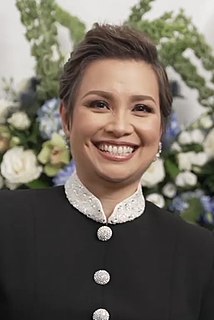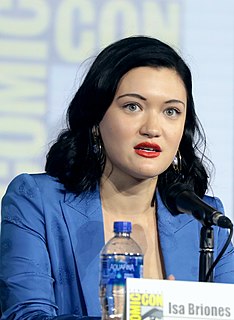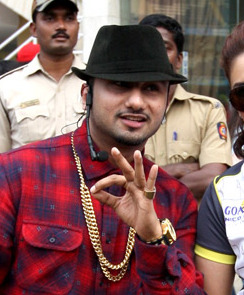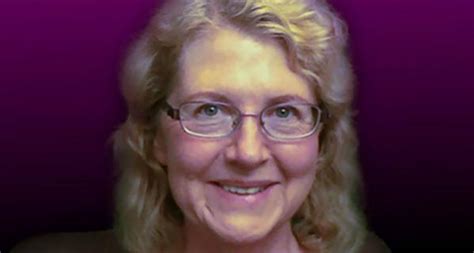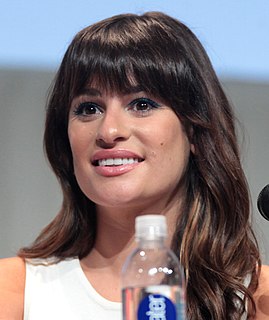A Quote by Lea Salonga
In the modern operas that 'Miss Saigon' and 'Les Miz' are, nobody breaks out into song from conventional book dialogue. Everything is sung from beginning to end, including the recitative.
Related Quotes
The nice thing about doing a pop opera - in the way that doing, say, 'Miss Saigon' or 'Les Miz' would be - is that, because the convention is set from the beginning that this is an opera and everything is sung, there is never that feeling of 'Why is this person bursting out into song?' because the whole thing is sung.
'Seize the Story' takes readers all the way through the process of writing fiction, from beginning to end. Every element, from dialogue to setting, plotting to character creation, is laid out and illustrated with examples. But the tone of the book is not that of a dry writing manual - it's definitely written for teenagers.
Keep a diary, but don't just list all the things you did during the day. Pick one incident and write it up as a brief vignette. Give it color, include quotes and dialogue, shape it like a story with a beginning, middle and end—as if it were a short story or an episode in a novel. It's great practice. Do this while figuring out what you want to write a book about. The book may even emerge from within this running diary.
I never start a song at the beginning; I always start in the middle, working with the original concept. That might be a loop or a vocal hook. A weird noise or a string sample. Once that's at the heart of the song, I work concertina-fashion, expanding the song forwards to the end and backwards to the beginning.
